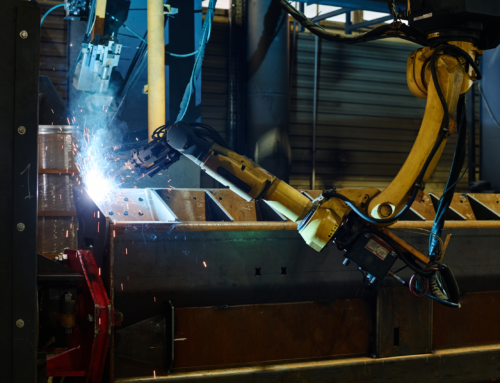If you’re considering a career in the skilled trades or actively on the hunt for your next opportunity, there’s a major development from Washington that could shape your future. A new executive order—titled Preparing Americans for High-Paying Skilled Trade Jobs of the Future—was signed into law on April 23, 2025, with the goal of modernizing and expanding access to high-quality jobs in trades like construction, electrical, mechanical, and beyond.
What Does the Executive Order Do?
This executive order is all about making sure that America’s workforce programs actually work for you—the job seeker—by:
- Streamlining Federal Workforce Programs: Federal job training and placement programs will be reviewed, consolidated, and improved to reduce redundancies and boost effectiveness. That means more direct pathways and less confusion for job seekers navigating government resources.
- Expanding Apprenticeship Opportunities: One of the headline targets is to create and fill over “1 million new active registered apprenticeships. These programs pay you while you learn, combining real-world work experience with classroom instruction and making it easier to enter high-demand fields—no college debt required.
- Recognizing Alternative Credentials: The order supports acceptance of industry certifications, apprenticeship “journey-level” credentials, and other qualifications beyond the traditional four-year college degree. For job seekers, this means your hands-on skills and training can count just as much—or more—than classroom time alone.
- Emphasizing High-Tech Upskilling: The order specifically calls for federal investments to upskill current and future workers, including training related to cutting-edge technologies like artificial intelligence and green energy systems. For tradespeople, new educational resources and pathways are in the pipeline to help you stay ahead as your field evolves.
- Improving Transparency: Workforce programs will report on their outcomes—like job placement rates and typical wages—so you can better evaluate which programs deliver real career results.
Why Is This Good News for Skilled Trades Job Seekers?
- More Paid Training, Less Debt: With a surge in registered apprenticeships, there are more opportunities to “earn while you learn,” fast-tracking your entry into stable, high-wage careers—without racking up college loans.
- Shorter, Smarter Pathways: Streamlined and consolidated programs should make it easier to find and access resources, mentorship, and job matching services that fit your skills and ambitions.
- Validation of Skills Over Diplomas: The emphasis on alternative credentials means employers and agencies are increasingly valuing demonstrated ability, whether gained on the job, in the military, or through community college or certificate programs.
- A Focus on Future-Proofing: By investing in training for emerging industries—like smart manufacturing, renewables, and AI-powered trade tools—the order ensures your opportunities grow as the industry does.
How Can You Take Advantage?
- Explore Registered Apprenticeships: Ask your local staffing agency, like Gillmann Services, about available apprenticeship programs and how to apply.
- Leverage Alternative Credentials: Highlight certifications, on-the-job learning, and non-degree credentials on your resume—these now have enhanced recognition.
- Stay Informed: As the new federal strategies roll out, workforce agencies will release data on program outcomes. Use this info to choose the most effective job training and placement opportunities.
- Consider Upskilling: Take advantage of new grant-funded training, especially in areas involving new technology or energy systems, to future-proof your career.
With these changes, now is a prime time to pursue—or advance—your career in the skilled trades. The government is making it a priority to help job seekers like you find meaningful, high-wage, and future-ready opportunities in vital industries. Are you prepared to take the next step? Gillmann Services specializes in matching skilled job seekers with high-paying, future-ready careers across the trades.







